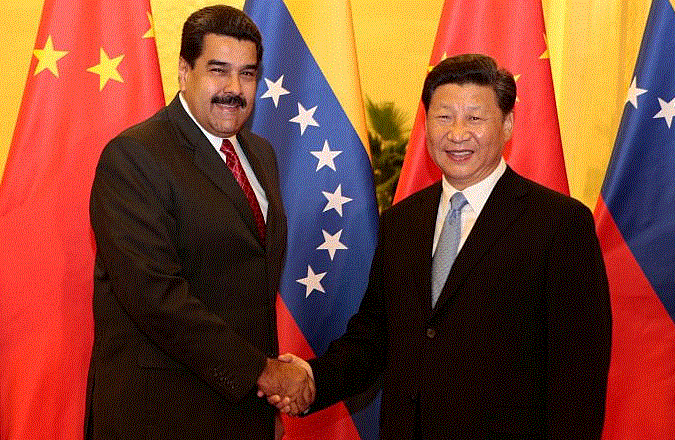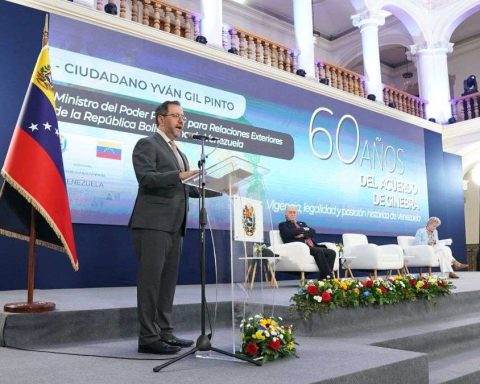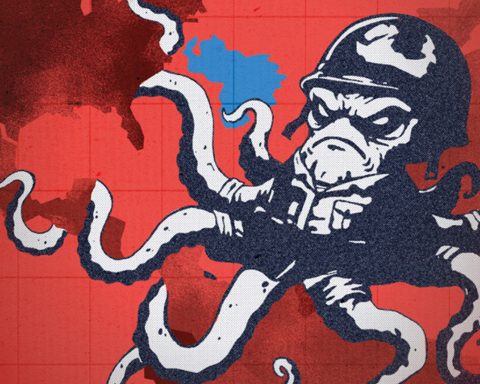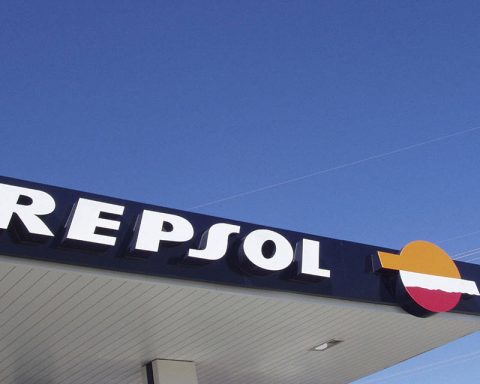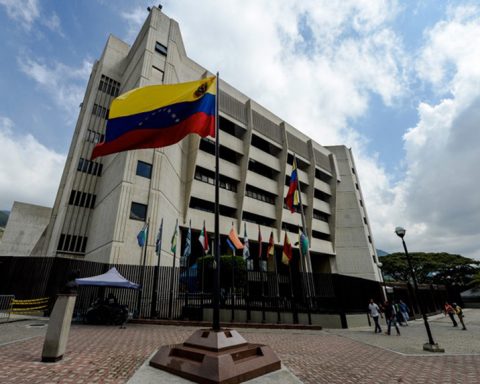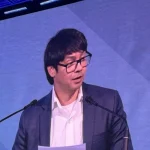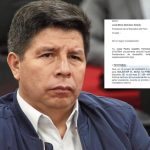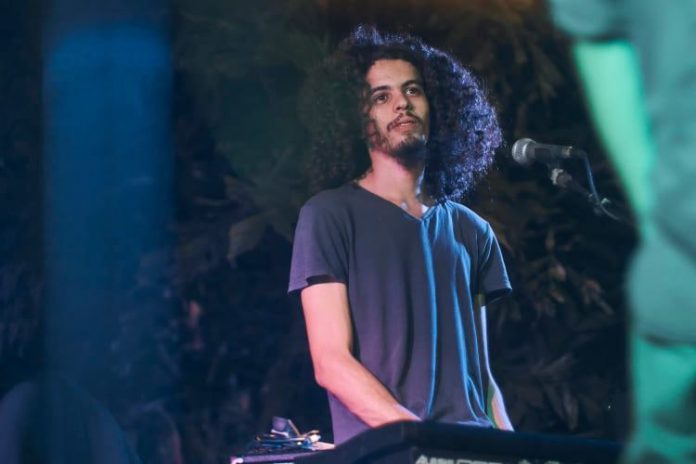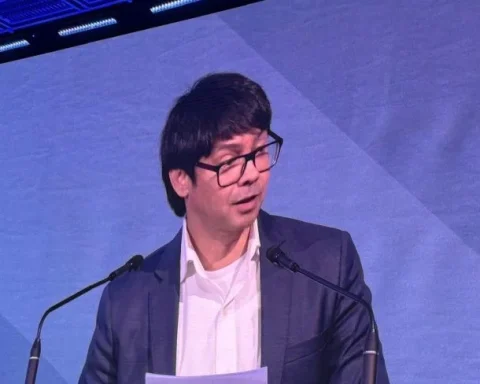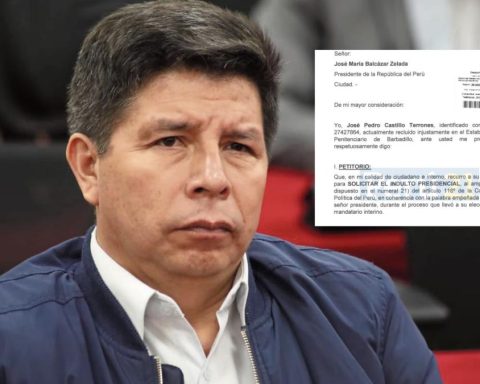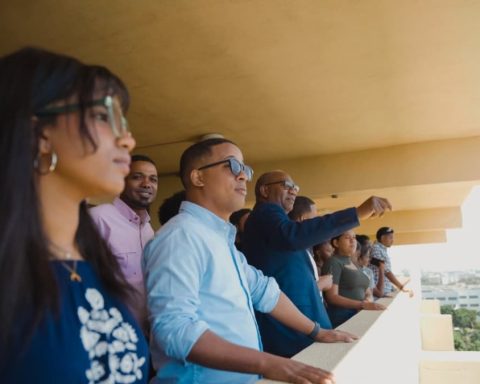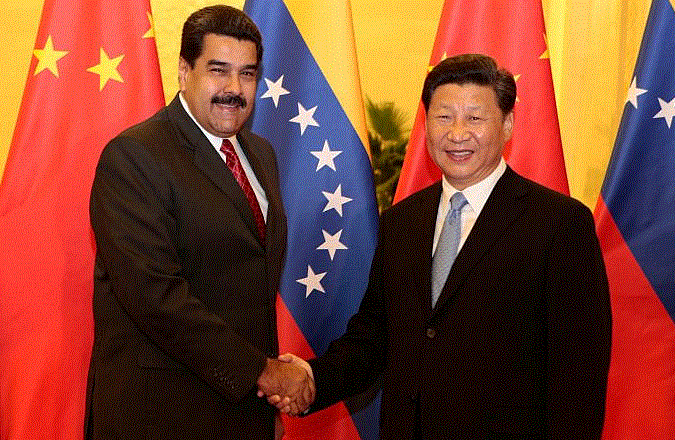
In 1987, the United States government launched a massive anti-drug campaign. One of the most shocking ads illustrated a burning egg and the warning: “This is your brain when you use drugs.”
At that time, Venezuela was one of the richest countries in South America with vibrant communities and strong foreign investment. Today, Venezuela is in ruins. The reality of Venezuela offers a warning similar to that of the United States government’s anti-drug campaign: “This is your country addicted to China.”
The current political crisis in Venezuela, with images Haunting scenes of troops in riot gear brutalizing innocent protesters, while young mothers and their children starve from food shortages, reveal the catastrophic failure of the country’s Marxist regime. Nicolás Maduro, like his predecessor Hugo Chávez, turned what was once one of the largest oil industries in the world into a sorry shadow of its former self. The regime’s mercenaries imprisoned, murdered, starved and exiled all who were willing to stand in their way, and continue to do so today.
However, this not all. when chavez borrowed more than 50,000 million dollars from the Chinese Communist Party to support his corrupt regime, he compromised the freedom of future generations of Venezuelans.
Beijing’s help is a lifeline for Maduro. This has allowed it to perpetuate its illegitimate control, despite sanctions and international outrage. However, that gesture came at a high price. As the United States works to protect the rights of the Venezuelan people, the Chinese Communist Party supports Maduro because the chaos in Caracas means an opportunity for profit.
Under the guise of helping the Maduro regime ease its huge debt load, the Chinese Communist Party began exploiting Venezuela’s vast natural resources. On 2020China received 324,000 barrels of raw daily. On 2021, that rate increased by roughly 50%, meaning that more than half of all Venezuela’s oil exports now go to Beijing. At today’s average price, that could equate to $20 billion a year in revenue for Venezuela, but China pays well below the market price.
Beijing takes a similar approach when it comes to the expansive supply of Venezuelan gold, mining the precious metal worth millions of dollars across the country as payment for Chinese loans. This is not just bullion in the banks, but also Maduro’s illegal mining scheme which is devastating the Amazon.
Maduro’s ties to the Chinese Communist Party are a grotesque link that is consuming Venezuela’s economy, depriving the country of precious resources and contributing to environmental devastation. And he is doing absolutely nothing to help the people of Venezuela. On the contrary, Beijing is actively amplifying its oppression, modifying Maduro’s “fatherland card” to copy the totalitarian social credit system that China uses.
This is a lesson to all who are not yet concerned about Beijing’s influence and covert investment strategies. It is easy for Wall Street investors and corporations to excuse the authoritarianism of the Chinese Communist Party when they live under the protection of the American government. But the case of Venezuela makes it absolutely clear that Beijing is not simply a “strict father”, as it states Ray Dalio. Like Maduro and his mercenaries, the Chinese Communist Party is a parasite that sustains itself by exploiting and oppressing others, including the Chinese people.
If the Chinese Communist Party succeeds in supplanting the United States as the world’s leading power and succeeds in remaking the global order in its image (goals that Beijing has long championed and is acting at this very moment), we will see many more cases like the one in Venezuela. That’s not a world anyone should want to live in. That is why it is critical that the United States continue to counter the destabilizing influence of authoritarian regimes both in our hemisphere and around the world.
